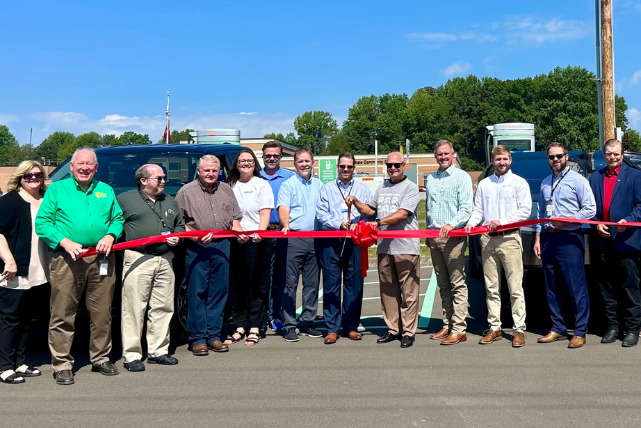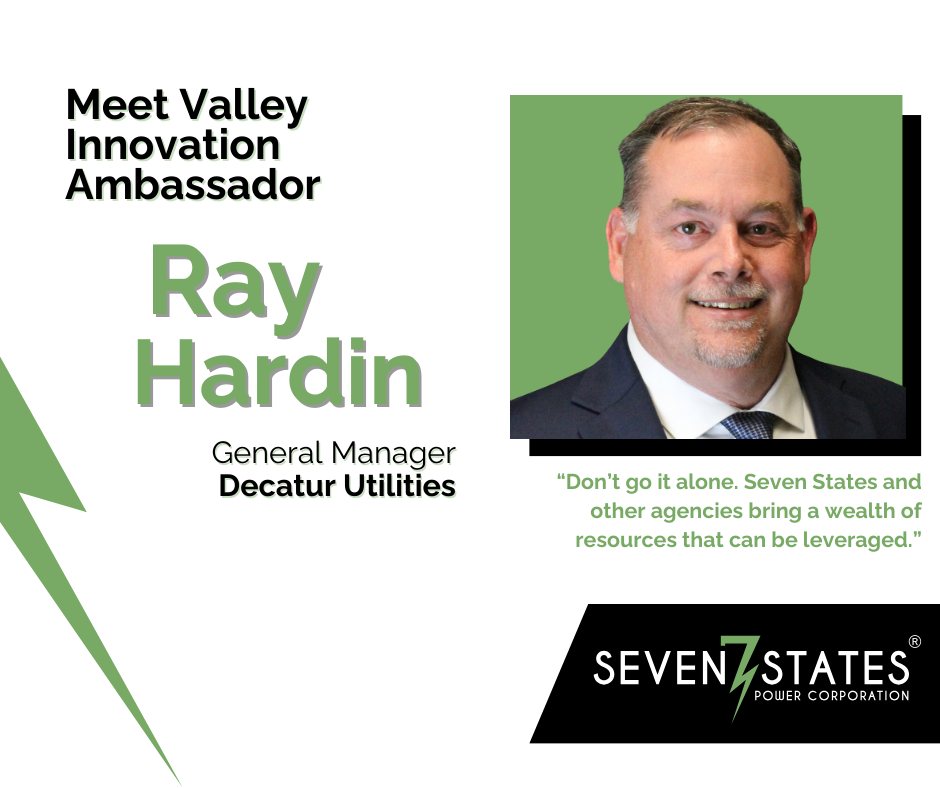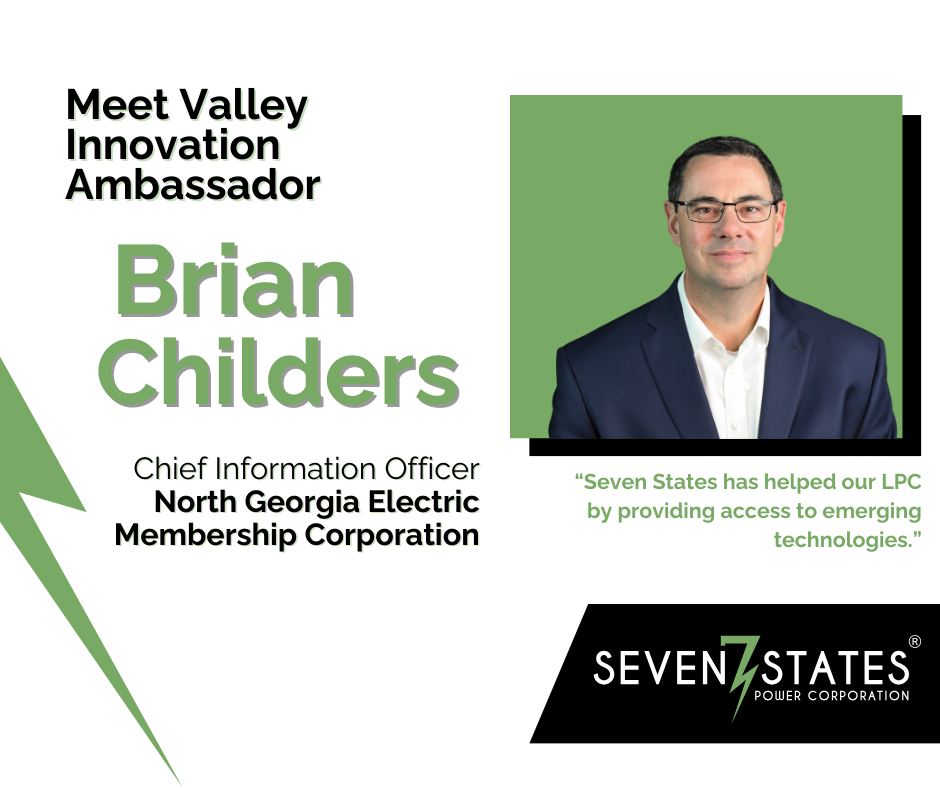
MES connects the McMinnville to Fast Charge TN and regional Fast Charge Network.
McMinnville, TN – As automakers retool their factories to build electric vehicles (EVs), many more EVs will be on the roadways in the next decade. MES is helping to make sure that Tennessee is ready with charging infrastructure.
On Friday, August 23rd , MES will dedicate two fast chargers at Ascension Saint Thomas River Park Hospital as part of Fast Charge TN, a partnership between the Tennessee Valley Authority (TVA) and the Tennessee Department of Environment and Conservation (TDEC), and Seven States Power Corporation. This Fast Charge TN installation is part of the regional Fast Charge Network that will cover major travel corridors across TVA’s seven-state service area and will complement the broader efforts of the National Electric Highway Coalition, which seeks to enable long-distance EV travel by placing fast chargers along interstates and major highways throughout the United States.
“We moved quickly to participate in Fast Charge TN because we want to make it easy for people to choose EVs so our community can enjoy the environmental and economic benefits of electric transportation,” said Rodney Boyd, GM/CEO of MES. “The funding from TVA and TDEC makes it possible to add fast chargers in our community by providing 80% of the project cost.”
TVA and TDEC have brought together local power companies, state and local government partners, and others to pave the way for over 200,000 EVs on Tennessee Valley roads by 2028. The benefits that these EVs bring to the Tennessee Valley region are significant:
- Attracting high-quality jobs – $17.2 billion in EV and battery manufacturing have helped create over 14,000 EV-related jobs in the past 10 years
- Reducing carbon emissions from gasoline vehicles by almost 1 million metric tons per year or the equivalent of the carbon sequestered by 1 million acres of U.S. forests in one year
- Reinvesting $120 million in the local economy every year from electric refueling
- Saving drivers up to $1,000 in fuel and maintenance costs every year
“At TVA we’ve moved far beyond connecting communities with power lines,” said Monika Beckner, vice president of TVA EnergyRight. “Today, EVs use our clean, low-cost, reliable electricity to connect communities and commerce across our region. Taking a leadership role in EV charging infrastructure allows TVA to save drivers money and attract good jobs and tourism– all powered by electricity from TVA and your local power company.”
“Tennessee’s air is cleaner as measured by federal air quality standards than it has been in generations, and a clean environment helps drive economic development,”
TDEC Deputy Commissioner Greg Young said. “TDEC is partnering with TVA and MES on the development of this station to continue Tennessee’s environmental and economic momentum while further entrenching our state as the epicenter of the electric vehicle transition.”
“Seven States is trusted by local power companies across the Tennessee Valley to deliver EV charging technology for their consumers,” said Betsey Kirk McCall, President and CEO of Seven States Power Corporation. “Impactful partnerships like this benefit the local community, regional economy and global environment for years to come.”
“This charging location does more than charge cars — it connects McMinnville to the Fast Charge Network and plays an important role in putting our region on the leading edge of the new electric economy,” said Dr. Jeffrey McKinley, Chairman, Board of Public Utilities.
To learn more about the Fast Charge Network, calculate how much money an EV could save you or locate EV charging stations on your travel route, check out https://energyright.com/ev/.
Learn more about Fast Charge TN here: www.tn.gov/EVFastCharge.




